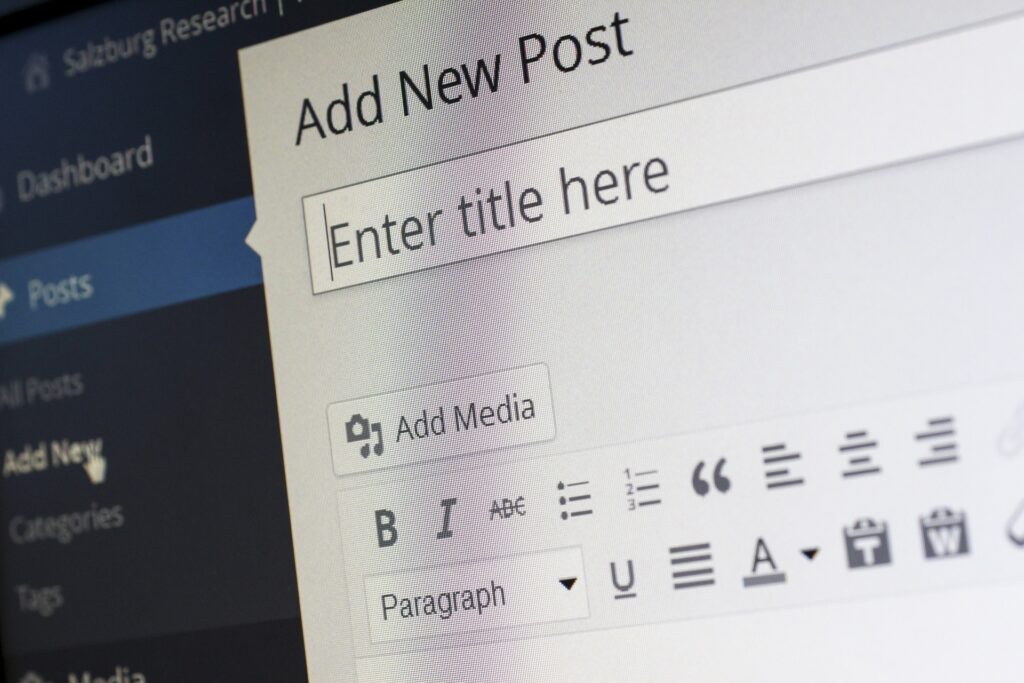
Creating a WordPress website involves a few key steps. Here’s a breakdown to help you get started:
- Define Your Website’s Purpose
Before diving in, clarify what you want your website to achieve. Are you creating a blog, an online store, a portfolio, or a business website? This will influence your choices later on. - Choose a Domain Name and Web Hosting
♦ Domain Name: This is your website’s address (e.g. yourwebsite.com). Choose a name that’s relevant, memorable, and easy to spell.
♦ Web Hosting: This is where your website’s files will be stored. You’ll need a hosting provider to make your website accessible online. Many hosting providers offer “one-click WordPress installation,” which simplifies the process. - Install WordPress
♦ Most hosting providers offer simple installation processes. Look for “one-click install” options in your hosting control panel
♦ If you’re installing manually, you’ll need to download WordPress from WordPress.org and follow the installation instructions. - Select a WordPress Theme
♦ A theme controls your website’s appearance. WordPress offers a vast library of free and premium themes.
♦ Choose a theme that aligns with your website’s purpose and style. - Customize Your Website
♦ Use the WordPress customizer to adjust your theme’s settings, colors, fonts, and layout.
♦ Create essential pages like “About,” “Contact,” and “Privacy Policy.”
♦ Add your content, including text, images, and videos. - Install Essential Plugins
♦ Plugins extend WordPress’s functionality. There are plugins for everything from SEO to contact forms to e-commerce.
♦ Some essential plugins include SEO plugins (e.g., Yoast SEO), Security plugins (e.g., Wordfence Security), and Contact form plugins (e.g., Contact Form 7) - Test and Optimize:
♦ Ensure your website works correctly on different devices and browsers.
♦ Optimize your website for speed and performance.
♦ Implement SEO best practices to improve your website’s visibility in search engines.
Key Considerations
WordPress.org vs WordPress.com:
- WordPress.org is self-hosted, giving you full control.
- WordPress.com offers hosted plans with varying levels of customization. For most people wanting full control, WordPress.org is the better option.
Security:
- WordPress websites can be vulnerable to security threats. Implement security measures like strong passwords, regular backups, and security plugins.
Mobile Responsiveness:
- Ensure your website looks and functions well on mobile devices.